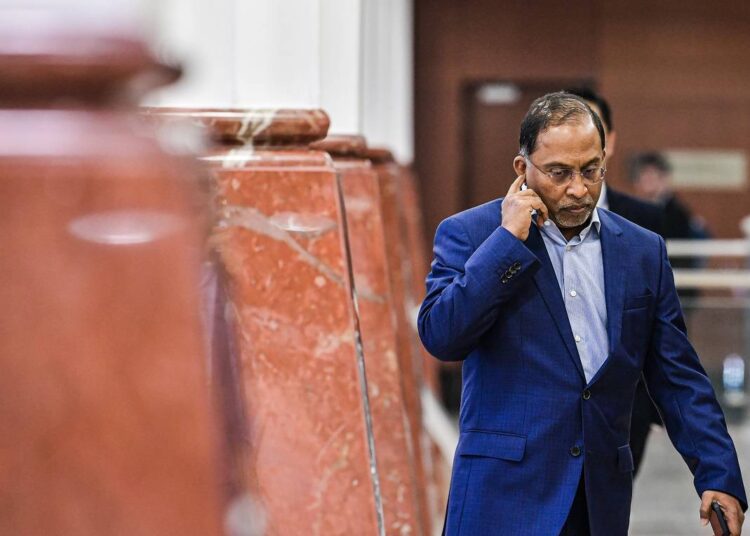Zambry Abdul Kadir, Malaysia’s top diplomat, is in Tehran for a series of meetings with Iranian officials. His visit, which will last until August 23, follows a previous encounter with his Iranian counterpart, Hossein Amirabdollahian, on the sideline of a gathering of foreign ministers from the Non-Aligned Movement in Azerbaijan. There, they discussed a range of issues related to the bilateral ties, regional affairs, and the Islamic world. They also agreed to boost the exchange of delegations at various levels between their countries, as a means to foster closer cooperation and explore new areas of mutual interest.
Earlier this year, on March 26, Amirabdollahian and Abdul Kadir had a phone call to review the latest developments in bilateral, regional and international arenas.
Abdul Kadir’s trip, which has both political and economic objectives, reflects Iran’s strategic orientation toward the east, which seeks to achieve more than just political and geopolitical gains. Iran and Malaysia have maintained cordial relations over the years, based on their cultural and religious affinities and similarities, but their economic links have fallen short of their potential, despite the existing capacities.
Malaysia is a wealthy country that has a complementary economy with Iran. It achieved an impressive economic growth of 8.7 percent in 2022, despite various challenges and the global economic downturn. Data from the Central Bank of Malaysia show that the economy of this Southeast Asian country surpassed expectations and registered a remarkable growth in the first quarter of this year.
Malaysia’s active involvement in the global value chains in recent years has drawn considerable investments and stimulated growth in various economic sectors, such as job creation, supply chain development and technology transfer.
Malaysia’s foreign trade reached about 645 billion dollars in 2022, of which Iran’s share was less than 100 million dollars in exports. The trade balance between the two countries is also heavily skewed in favor of Malaysia. The talks for a preferential trade agreement between Iran and Malaysia started in October 2019 and were endorsed by the previous government in Iran in January of the same year. According to experts, Iran-Malaysia relations also demand more attention and investment.
Malaysia’s membership in ASEAN makes it a valuable partner for Iran to establish business relations and realize its strategic policy toward the east. Conversely, Iran can provide Malaysia with a smooth access to the markets of Central Asia, Caucasus and Europe.
The Malaysian private sector has a keen interest in entering the Iranian market and transferring technology to Iran. Malaysia also shows a strong desire to enhance relations by providing incentives for Iranian businessmen to invest in this country. Experts from the Iran Chamber of Commerce recommend that trade, especially with small and medium enterprises, should move from a short-term to a long-term policy, and that the governments should facilitate the cooperation between the two countries in the private sector.
However, the banking system and transportation are among the main hurdles for the development of cooperation between Iran and Malaysia. The banking sector is hampered by sanctions and Iran’s non-membership in the Financial Action Task Force (FATF). Nonetheless, using national currencies and the bartering method are potential solutions to reduce the impact of sanctions on trade relations between Iran and Malaysia, which have complementary economies. The establishment of a barter mechanism between Iran and Malaysia will increase the level of trade relations between the two countries.
The areas of economic cooperation between Iran and Malaysia include energy, industry, tourism, hotel and halal food production, electronics and technology, as well as transit.






